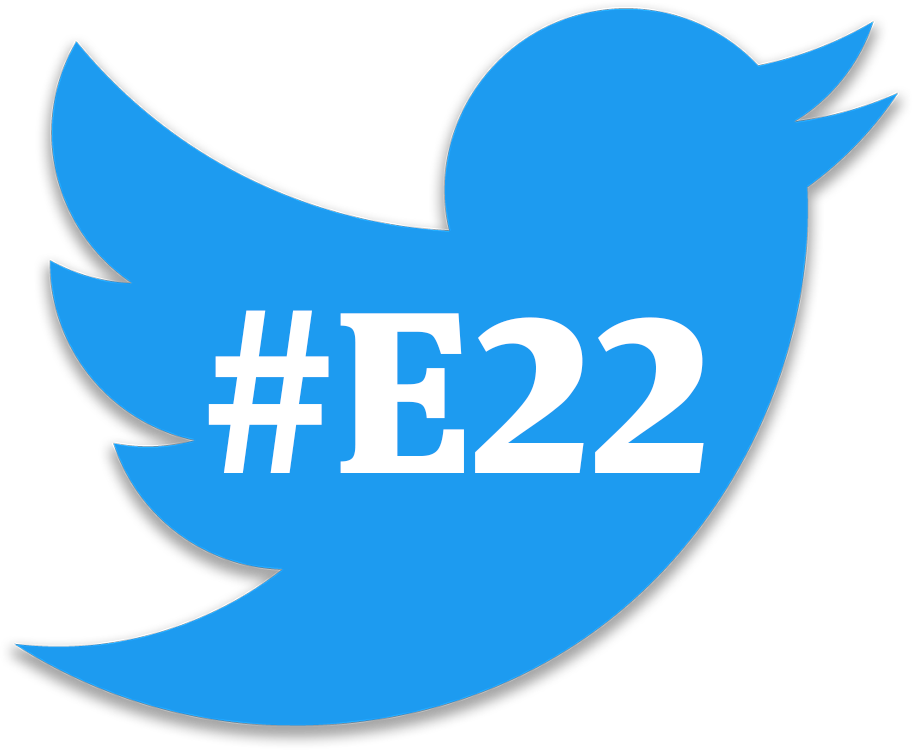Unit 4: Utilitarianism & Its Limits

Photo: Colleen Hayes / NBC.
A core feature of Classical Utilitarianism is Hedonism, which claims that happiness is nothing other than pleasure. Furthermore, combining Hedonism with Consequentialism and Welfarism yields the core tenet of Classical Utilitarianism: morality should focus only on overall happiness and pleasure. But is happiness only about pleasure? Is morality only a concern for pleasure and happiness?
These questions make up the topic of this module, which has 3 learning outcomes. By the end of it, you will be able to…
- Reflect on those parts of your life that you may value regardless of any pleasure they involve,
- Apply Robert Nozick’s example of the Experience Machine to critique Mental State Theories of Happiness, and
- Express your own views about the nature of happiness.
Read & Annotate This:
|
The Experience Machine & 
|
Context
Recall the first three core assumptions in Classical Utilitarianism:
- Consequentialism: The overall goodness of outcomes (i.e., the goodness of the outcomes for everyone affected by those outcomes) is the only thing with intrinsic moral value.
- Welfarism: The overall goodness of an outcome is measured solely by the well-being of everyone affected.
- Hedonism: Well-being is nothing other than “happiness”, understood as pleasure and absence of pain.
Put (1) and (2) together, and all that matters morally is overall well-being. Use (3) to define well-being as pleasure (and absence of pain), Classical Utilitarianism holds that all that matters morally is (overall) pleasure.
The American philosopher Robert Nozick, however, challenges the idea that happiness and pleasure constitute the proper foundation for all morality, using his famous example of the “experience machine” (1974). The selection from James Rachels and Stuart Rachels (2018) also cast further doubts on whether pleasure is the proper foundation for morality.
Reading Questions
As you read, keep these questions in mind:
- Robert Nozick claims that “we learn that something matters to us in addition to experience by imagining an experience machine and then realizing that we would not use it” (1974, p. 44). What is his argument for this claim?
- How does Nozick’s argument about experience critique the Classical Utilitarian’s claim that pleasure and pain alone determine right from wrong?
- How is Nozick’s argument similar to those made by James Rachels and Stuart Rachels against Hedonism?
Although I strongly suggest that you write out brief answers to these questions, you do not have to turn in written responses. You do, however, need to be prepared to answer questions like these on module quizzes and the unit exams.
References
Nozick, R. (1974). The experience machine. In Anarchy, state, and utopia (pp. 42–45). Blackwell.
Rachels, J., & Rachels, S. (2018). Is pleasure all that matters? In The elements of moral philosophy (9th ed., pp. 119–120). McGraw-Hill.
Watch This:
|
Video 1 
|
Video 2 
|
|
Video 3 
|
Video 4 
|
|
Video 5 
|
Video 6 
|
Do This:
|
Module 16 Quiz 
Due: October 22 |
Tweets for the Week 
Due: October 22 |


